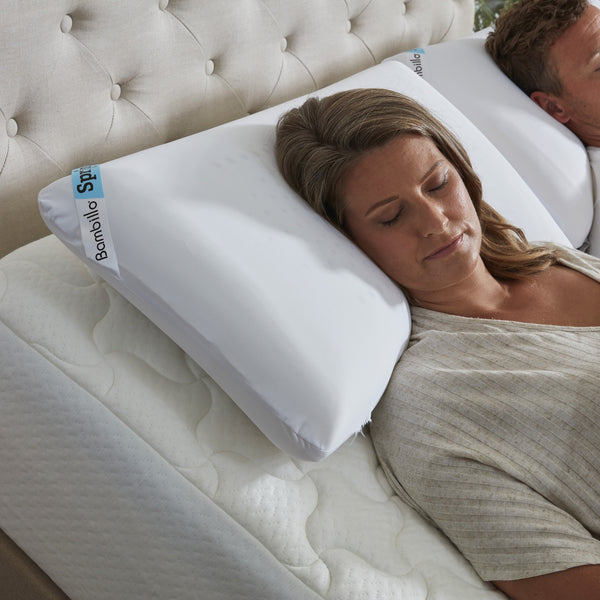Occasional teeth grinding or bruxism as it is medically known, is common during sleep. If it becomes chronic however, it has the potential to damage teeth and compromise oral health. People are often unaware that they are grinding their teeth until the effects become obvious when teeth are worn or chipped. Often it is the partner of a teeth grinder who will notice the behaviour. Waking with a headache or aching jaw can be a sign of teeth grinding.
Causes
Stress and anxiety can cause teeth grinding. Other sleep disorders such as sleep apnoea can also trigger this issue. The most likely causes of chronic teeth grinding are crooked or missing teeth or an abnormal bite.
Causes
Stress and anxiety can cause teeth grinding. Other sleep disorders such as sleep apnoea can also trigger this issue. The most likely causes of chronic teeth grinding are crooked or missing teeth or an abnormal bite.
Solutions
When stress or anxiety appears to be the cause, addressing lifestyle balance can eliminate symptoms. Ways to achieve this include regular exercise, meditation and reducing sources of stress where possible. Magnesium supplementation may assist with teeth grinding, as it promotes muscle relaxation. Avoiding stimulants, including anything containing caffeine can be beneficial. Reducing alcohol intake is also recommended. Where dental issues are the cause, orthodontic work can correct the problem.
When stress or anxiety appears to be the cause, addressing lifestyle balance can eliminate symptoms. Ways to achieve this include regular exercise, meditation and reducing sources of stress where possible. Magnesium supplementation may assist with teeth grinding, as it promotes muscle relaxation. Avoiding stimulants, including anything containing caffeine can be beneficial. Reducing alcohol intake is also recommended. Where dental issues are the cause, orthodontic work can correct the problem.
Facts
• If you notice jaw clenching or teeth grinding during wakefulness, position the tip of your tongue between your front teeth to promote relaxation of the jaw muscles
• Severe teeth grinding that continues over time can result in tooth loss or even change the appearance of your face
• Approximately 8% of adults grind their teeth at night
• Teeth grinding can also occur in children
• Certain medications, including amphetamines, can cause teeth grinding
• If you notice jaw clenching or teeth grinding during wakefulness, position the tip of your tongue between your front teeth to promote relaxation of the jaw muscles
• Severe teeth grinding that continues over time can result in tooth loss or even change the appearance of your face
• Approximately 8% of adults grind their teeth at night
• Teeth grinding can also occur in children
• Certain medications, including amphetamines, can cause teeth grinding



